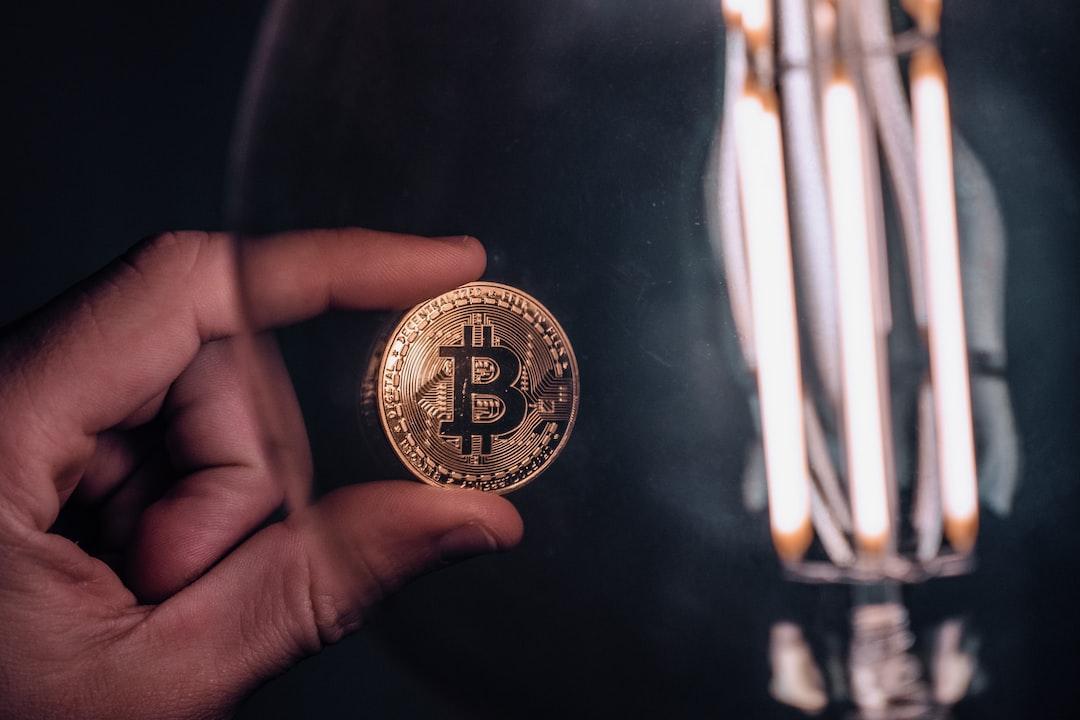OpenAI Reportedly Considering IPO
According to the Financial Times, OpenAI and Microsoft are negotiating to revise the terms of their billion-dollar partnership. Microsoft has been OpenAI’s largest investor, having invested over $13 billion to date. This negotiation is not only aimed at ensuring a return on Microsoft’s investment but is also seen as paving the way for OpenAI’s future IPO.
OpenAI’s Shift to Non-Profit Organization: Is it Laying the Groundwork for an IPO?
Founded in 2015 by Sam Altman, Elon Musk, Ilya Sutskever, and Greg Brockman, OpenAI was initially established as a non-profit organization, with the goal of “ensuring that artificial general intelligence (AGI) benefits all of humanity.” However, as the funding demands for AI research continued to grow, OpenAI made significant structural changes in 2019, introducing a “capped-profit” model and establishing a for-profit subsidiary, OpenAI Global LLC, to attract investment. That same year, Microsoft invested $1 billion in OpenAI, and the two parties outlined terms for a partnership effective until 2030, covering Microsoft’s rights to use OpenAI’s models and products and revenue sharing from product sales.
In early May, OpenAI shifted again, seeking to restore ultimate control to its non-profit board while simultaneously converting OpenAI Global LLC into a Public Benefit Corporation (PBC), which must legally commit to achieving public benefit goals. This also means that OpenAI retains the ability to generate profits beyond social welfare.
A source close to OpenAI told the Financial Times that establishing a public benefit corporation maintains market-facing profit options while further ensuring “the possibility of a future IPO.”
Microsoft’s Dilemma: Profit or Technology?
The latest discussions between OpenAI and Microsoft have arisen alongside news of structural reorganization, with the key question being how Microsoft can ensure “return on investment” after OpenAI’s restructuring. Moreover, the two companies have a close collaborative relationship, with Microsoft providing the computing power and infrastructure via Azure needed for OpenAI’s training models, in exchange for priority usage of OpenAI’s technology, which is deeply integrated into Microsoft’s software services.
Three individuals familiar with the negotiations informed the Financial Times that Microsoft has proposed to relinquish part of its equity in OpenAI’s new for-profit ventures in exchange for OpenAI developing new technologies post the original contract expiration date in 2030.
This dilemma reflects OpenAI’s IPO plans, placing Microsoft in a delicate position. Firstly, if Microsoft supports OpenAI’s IPO, it stands to gain financial returns as the largest shareholder; however, a public offering would attract a more diverse shareholder structure, potentially leading to a loss of some control and dilution of influence over technology usage and development directions.
Past dynamics of OpenAI show hints of this, such as partnerships with global financial and technology giants like SoftBank and Oracle to build large AI computing infrastructure known as the Stargate Project. In March of this year, OpenAI raised an additional $40 billion in a new funding round led by SoftBank, further highlighting the interest of more players in OpenAI’s operations.
On the other hand, Microsoft may also consider maintaining the status quo or seeking greater control to delay or prevent OpenAI’s IPO, thereby preserving the current close collaboration and technological priority.
This negotiation between AI pioneers will not only determine the fate of OpenAI but also influence Microsoft’s AI strategy. Regardless of whether OpenAI ultimately chooses to go public, this unfolding game is bound to be exciting.
This article is a collaborative repost from: Digital Age
Further Reading: The World’s 50 Most Valuable Companies Listed! TSMC is the Only Asian Company in the Top 10, Who Else is on the List Alongside Microsoft, Apple, and NVIDIA?
Opinion: How Did TSMC Earn the Title of the Strongest? A Deep Dive into Global Layouts: How Far Behind Are Intel, Samsung, and Others Compared to TSMC?
Data Sources: Financial Times, Reuters

